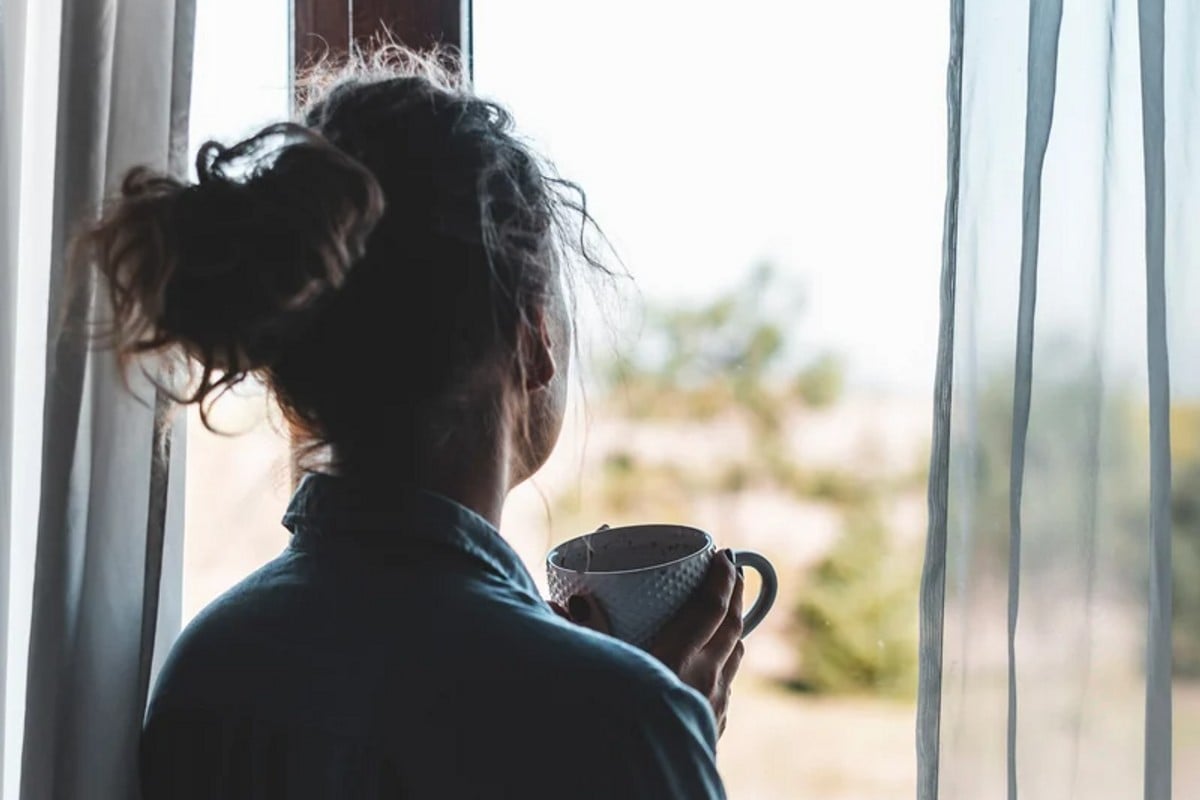
We all hear about the one woman who dies every week from domestic violence and we shake our heads in rage.
How could that *insert choice word* do that?, you might hiss. She didn't deserve that.
But have you ever thought about all those women who suffer from domestic violence in silence?
One in four women has experienced violence from an intimate partner, and one in 14 men. (Men are just as important as women but for the sake of this article we will be focussing on women.)
That means this woman could be a mother at your child's school; perhaps a colleague, someone you pass down the street, or even a friend.
Watch: Can you spot the red flags of domestic violence? Post continues below.
It is well known that perpetrators of violence commonly isolate their victims from family and friends, which in itself breaks a woman down and adds to her vulnerability.
What is less well understood is that family and friends will often 'freeze out' the victim. The final piece of the triad is that she will often isolate herself.
Many women are afraid to talk about it because they are worried that they will judged, and ashamed that they have chosen to remain in an abusive relationship.





























































































